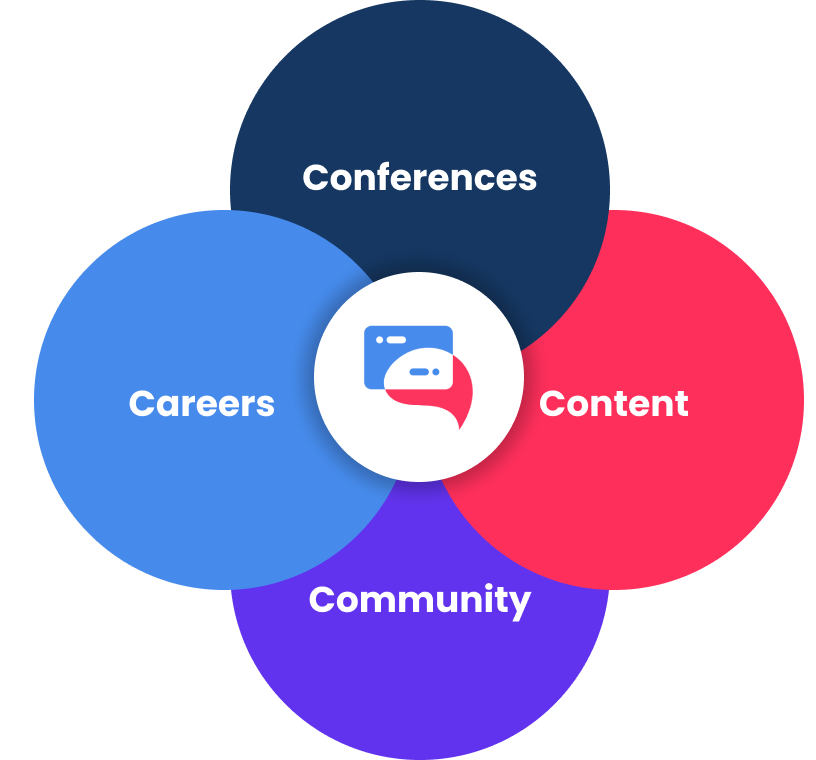Bringing together leaders of health plans, employers, providers, investors, and digital health companies to learn, collaborate, and innovate

Phoenix, AZ • Nov 5th - 7th

Join 16,000+ health tech leaders who are staying up to date with the latest news, events, and jobs in the behavioral health industry.
See sample newsletter ➜






Share your job openings with our network and browse our list of job seekers!
Our Breaking Barriers series is amplifying trailblazers in #behavioralhealth who have worked to expand access to mental health and substance use services through #innovation, #advocacy and/or new #technology.

Lorem ipsum dolor sit amet, consectetur adipiscing elit. Suspendisse tincidunt sagittis eros.

Lorem ipsum dolor sit amet, consectetur adipiscing elit. Suspendisse tincidunt sagittis eros.

Lorem ipsum dolor sit amet, consectetur adipiscing elit. Suspendisse tincidunt sagittis eros.